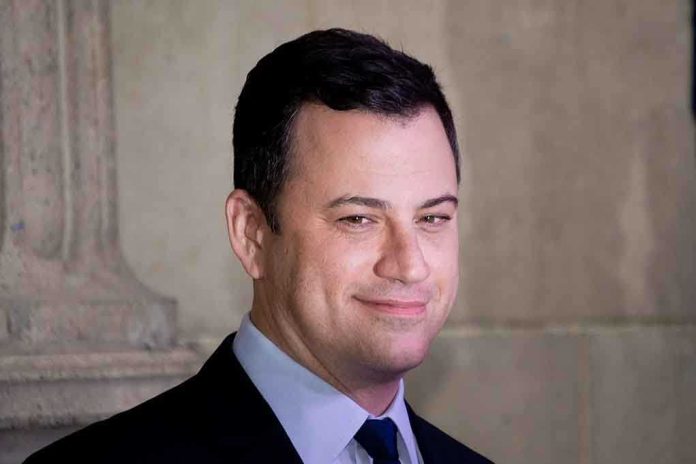
The abrupt cancellation of Stephen Colbert’s ‘Late Show’ unveils potential political retribution under the guise of financial losses.
Story Highlights
- CBS cancels ‘The Late Show with Stephen Colbert’, citing financial losses.
- Speculation arises about political motivations due to Colbert’s criticism of President Trump.
- ABC’s Jimmy Kimmel disputes financial loss claims, suggesting political silencing.
CBS’s Decision to Cancel ‘The Late Show’
In July 2025, CBS announced the cancellation of *The Late Show with Stephen Colbert*, attributing the decision to financial losses. The show, which has been a staple of late-night television since 1993, will air its final episode in May 2026. CBS’s official statement emphasized its goal to prioritize financial sustainability, especially amidst a merger with Skydance.
Political Speculation and Industry Reactions
Despite CBS’s financial rationale, speculation about political motivations has intensified. Colbert, known for his satirical criticism of President Trump, has been suggested as a target of political retribution. ABC’s Jimmy Kimmel, reversing his earlier pessimism about late-night TV, defended Colbert. Kimmel labeled the reported $40 million annual losses as “nonsensical,” questioning the accuracy of these claims and implying political silencing.
Impact on Late-Night Television and Media Freedom
The cancellation of Colbert’s show raises concerns about the future of late-night television and media freedom. The event underscores the fragility of traditional media models in the face of digital competition. With political and economic pressures mounting, the industry faces a potential shift away from costly productions, possibly leading to a chilling effect on political satire.
If Trump Derangement Syndrome means anything it is changing your beliefs just to contradict Trump.
Kimmel Flips On Late Night's Viability To Blame Trump For Colbert Cancellation https://t.co/PAPOMOoh8p
— Alex Christy (@alexchristy17) August 19, 2025
The discourse surrounding Colbert’s cancellation reflects broader tensions between creative freedom and financial imperatives in media. As networks grapple with declining ad revenues, the interplay between economics and politics in shaping content decisions becomes increasingly evident.
Sources:
TV Insider: When does Stephen Colbert return to The Late Show? Summer 2025 Update



